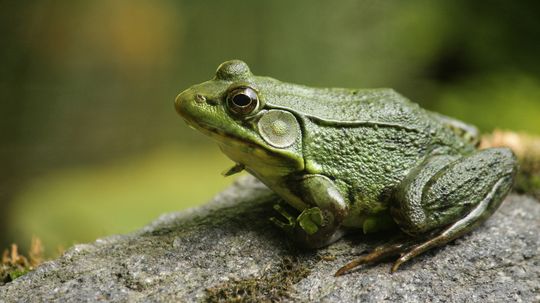A Fascinating Glimpse into the World of Primate Childcare
An Unconventional Approach to Raising Young Ones
In a remarkable display of communal parenting, golden snub-nosed monkeys have adopted an unconventional approach to nurturing their young. These primates, hailing from the remote mountains of China, have defied traditional norms by embracing shared nursing responsibilities.
The Strength in Numbers and Unity Amongst Primates
Within their tight-knit social groups, these monkeys exhibit a unique system where multiple females take turns caring for each other’s offspring. This cooperative care not only strengthens the bond between individuals but also ensures that every infant receives equal attention and nourishment.
A Lesson in Equality and Collaboration
This egalitarian approach challenges conventional notions of parental roles within primate societies. Rather than burdening one individual with sole responsibility for rearing their young, golden snub-nosed monkeys demonstrate the power of collaboration and collective effort.
The Benefits Extend Beyond Childrearing
By sharing nursing duties, these resourceful primates create opportunities for mothers to engage in other essential activities such as foraging or resting. This division of labor allows them to optimize energy expenditure while ensuring optimal care for their infants.
A Remarkable Insight into Primate Society
The cooperative care exhibited by golden snub-nosed monkeys provides us with a fascinating glimpse into the intricate dynamics within primate communities. Their ability to prioritize unity over individuality showcases an exceptional level of empathy and cooperation among these remarkable creatures.
In conclusion,
Golden snub-nosed monkeys challenge our preconceived notions of parenting and highlight the strength that lies in collaboration. Their unique approach to raising young ones not only ensures equal care for all infants but also fosters a sense of unity within their social groups. As we delve deeper into the world of primates, these extraordinary creatures continue to teach us valuable lessons about empathy, cooperation, and shared responsibility.



